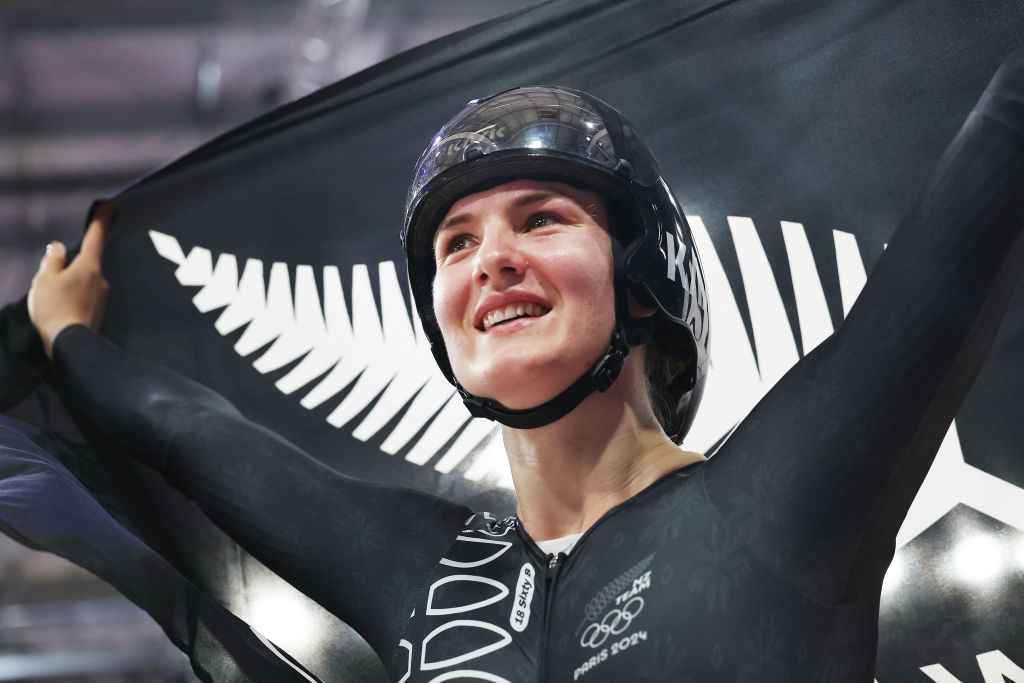
But there would have been grim looks on the faces of elite swimming, hockey and equestrian administrators yesterday as they digested huge cuts following a period of broadly underwhelming performances.
HPSNZ announced it would invest $162.8million directly into 36 national sporting organisations (NSOs) over the next four years through to the Los Angeles Olympics and Paralympics.
There will also be $22m a year poured into wellbeing and performance support for athletes.
The funding is closely linked to recent performances at the Olympics.
Some might see that as overly reactive - and the obsession with medals over raising sports participation rates as misguided - and it inevitably means well-performed Olympic sports get even more money.
The interest is often in those codes that effectively get punished for under-performance.
None suffers quite as significant a blow this cycle as hockey, which has had its elite annual funding slashed from $2.9m in the previous cycle to just $1.5m this time.
The Black Sticks women failed to even qualify for the Olympics for the first time in 28 years, and their funding alone is hacked by more than $1m.
Swimming also takes a big blow, dropping from $1.675m to $1m.
Dunedin star Erika Fairweather made four finals at the Paris Olympics, but the New Zealand team was otherwise highly underwhelming in the pool.
The same could be said for the Kiwis on horseback.
New Zealand has not won an equestrian medal at the Olympics since 2012, and that sport’s elite annual funding has been slashed from $1.38m to $750,000.
Basketball (down $350,000), the under-performing All Blacks Sevens (down $250,000) and triathlon (down $177,000) have also had bad news.
“We understand that some sports will be disappointed with these decisions, and they were difficult decisions because we had quality presentations from all of the NSOs,” HPSNZ director of high performance Steve Tew said.
“It is not a reflection of their work and commitment to their sport. Ultimately, we have a finite amount of money to work with, and we have prioritised those sports with the track record and the highest potential to achieve the desired outcomes at pinnacle events.
“This was a robust process with a focus on winning medals at the LA 2028 Olympics and Paralympics and other pinnacle events during the cycle.
‘‘By adopting a four-year investment cycle, HPSNZ has aimed to provide certainty to sports and their athletes as they work towards their pinnacle events.”
There was better news for sports that did a little better at the Paris Olympics.
Cycling, led by the peerless Ellesse Andrews, was already getting $4.48m a year and is now bumped to $5.25m.
Rowing was already the highest funded elite sport at $5.7m annually and it rises to $6m, while canoe racing (up $497,000), athletics (up $395,138) and yachting (up $216,833) also get top-ups.
Central Otago paddler Finn Butcher’s Paris glory has led to canoe slalom’s annual funding rising from $457,000 to $650,000.
HPSNZ has revealed a target of 14-18 medals at the LA 2028 Olympics, 9-14 medals at the Paralympics and 10-plus medals at world championship events across non-Olympic events.
High performance
Annual funding
WINNERS
Cycling - up $770,433
Canoe racing - up $497,540
Athletics - up $395,138
LOSERS
Hockey - down $1.43million
Swimming - down $675,334
Equestrian - down $631,500
REACTION
“This is a powerful recognition of the successes of our high-performance programme over multiple Olympic and Paralympic cycles. It will allow us to continue our investment . . . ensuring that our high-performance model continues to deliver world-class results.” - Cam Mitchell (Athletics NZ)
‘‘We are particularly disappointed for our athletes who make enormous sacrifices to represent New Zealand.’’ - Hockey NZ













